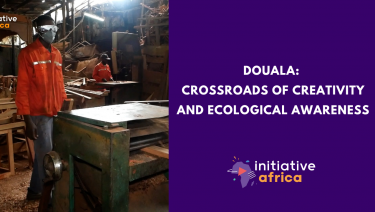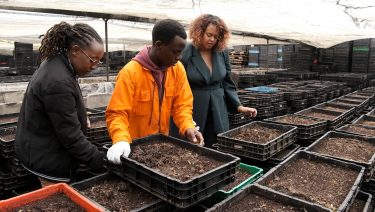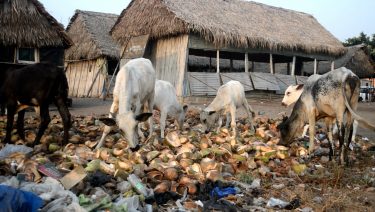Why are Africa’s Big Cats on the Brink?
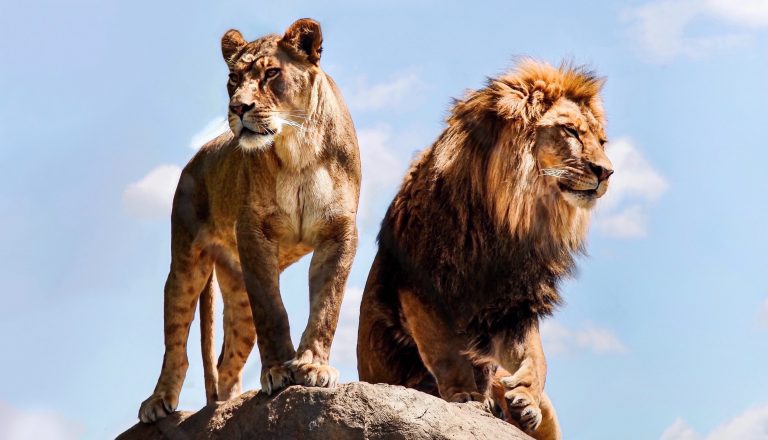
African Big Cats : lions, cheetahs, and leopards are increasingly endangered due to bushmeat hunting to poaching for body parts. | Unsplash
Michael Sommers
When the International Union for the Conservation of Nature (IUCN) unveiled its much-awaited Red List in September, the ranking of Africa’s dwindling big cat populations as “vulnerable” instead of “endangered” was met with a roar of protest.
Downward Slide
Among the disappointed was Dr Paul Funston, Lion Program Director, Panthera, the global wild cat conservation organization. While acknowledging that geographic variations and insufficient monitoring make it difficult to draw accurate general conclusions, “In recent decades, all big cat populations have been sliding downwards in African landscapes.”
Funston compares the precipitous decline taking place in West and Central Africa, where lions are critically endangered, to East Africa, where populations spread over large areas have witnessed steep declines in recent decades. Then there’s South Africa, home to many well-funded, protected reserves where more accurate data suggests that populations are stable or even enjoying a slight upturn.
For Funston, South Africa’s bright spots are dimmed by the fact that only 22,000 wild lions still roam the African continent. “In my heart, I don’t feel that’s where we should be.
A higher IUCN conservation status would potentially increase the attention and conservation efforts that the species deserves.”
Poaching Bushmeat and Body Parts
Contrary to popular belief, trophy hunting and human encroachment isn’t the largest threats to big cats’ survival. According to Funston, the primary danger stems from underfunding of protected areas, the consequences of which have facilitated bushmeat poaching. Funston insists that such poaching is the number one threat to lions throughout Africa. Eating the meat of wild animals – cut from the carcass, then smoked, dried, and transported for sale – is a cultural norm. However, due to human reorganization of the landscape, big cats have lost 95 per cent of their habitat. Even when they’re not the primary target of hunters, injury due to traps and snares coupled with increasing competition over diminishing prey takes its toll.
Meanwhile, new threats abound. Social media has facilitated an increase in illegal wildlife trafficking while providing a platform for influencers flaunting selfies with cute lion and cheetah cubs. More lethal has been the growing market for animals’ body parts.
Of particular concern is the surging demand for lion bones, teeth, and claws in Southeast Asia and China. As Asia’s tiger population has plummeted, elixirs made from crushed lion bones have replaced traditional tiger wine as a masculinity booster while claws and teeth are popular symbols of virility. As demand continues to escalate, Funston fears that smaller, more isolated and underfunded populations will be pushed to the brink.
A Firm Stand
Against this backdrop, in May 2021, the South African government took the landmark decision to end the country’s controversial captive lion industry, which permitted the legal killing of lions bred on private reserves and the selling of their parts. While conceding that the ban may lead to increased poaching of wild species, Funston argues it shouldn’t deter the shutting down of an inhumane industry “that’s awful in all aspects.” Instead, he advocates doubling down on conservation efforts while waiting for reduced supply and increased awareness to puncture demand. Until then, says Funston, “it’s one of those situations where you just have to take a firm stand.”
See also
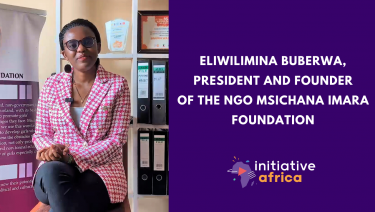
Eliwilimina Buberwa, president and founder of the NGO Msichana Imara Foundation
In this interview, Initiative Africa speaks with Eliwilimina Buberwa, founder of the NGO Msichana Imara Foundation, which is dedicated to combating period poverty in Tanzania. Drawing on her own experience, she explains how the lack of information, products, and adequate infrastructure still deprives millions of young girls of their right to education. This is a crucial discussion on a public health, gender equality, and social justice issue at the heart of rural communities. Journalist: Alexandra Vépierre

Artificial intelligence in Africa: opportunities, challenges and innovations
Artificial intelligence is reshaping the global economy — and Africa is no exception. In Cameroon, the startup Comparo is helping small and medium-sized businesses stand out in the e-commerce space, thanks to accessible AI-driven tools that streamline web creation and customer targeting. But beyond the promise, AI raises serious concerns: data control, technological dependency, social divides… This report dives into the local innovations and global challenges shaping Africa’s digital transition.
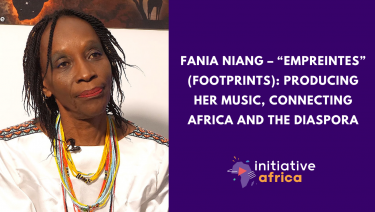
Fania Niang – “Empreintes” (Footprints): producing her music, connecting Africa and the diaspora
With Empreintes, her fifth album, Fania Niang presents an intimate and socially engaged body of work, recorded in Dakar and self-produced for the first time in her career. In this interview, she reflects on her journey between Africa, Europe and the United States, the challenges of independent production, and the musical connection she built with Senegalese musicians who have transcended cultural boundaries. She also shares her perspective on today’s African music scene, the dialogue between diaspora artists and the continent, and her desire to give back by sharing knowledge, experience and creative vision. A powerful conversation about music as memory, identity and transmission. Journalist: Laurence Soustras
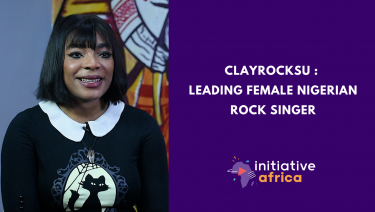
CLAYROCKSU, leading female Nigerian rock singer
She grew up singing in church and ended up fronting Nigeria’s rock scene. In this exclusive interview, Clayrocksu opens up about what it means to be a rock artist and a woman in a country dominated by Afrobeats. From her early days mixing Igbo and English lyrics, to building a community of Afro-rock musicians, she shares how music became a form of rebellion, healing, and identity. Between faith, family, and fire, her voice carries a message for all the misfits who refuse to fit in. Journalist: Sharafa

